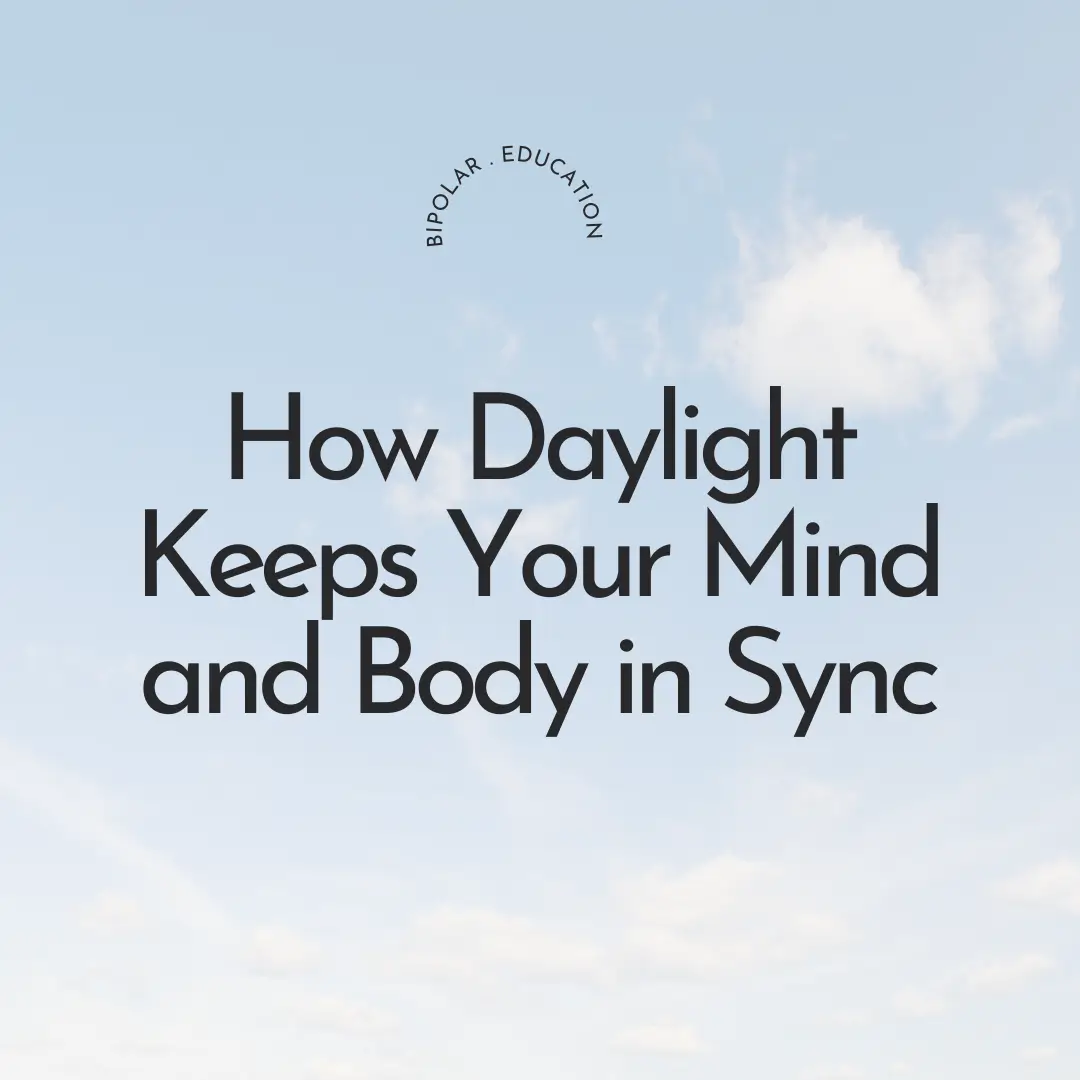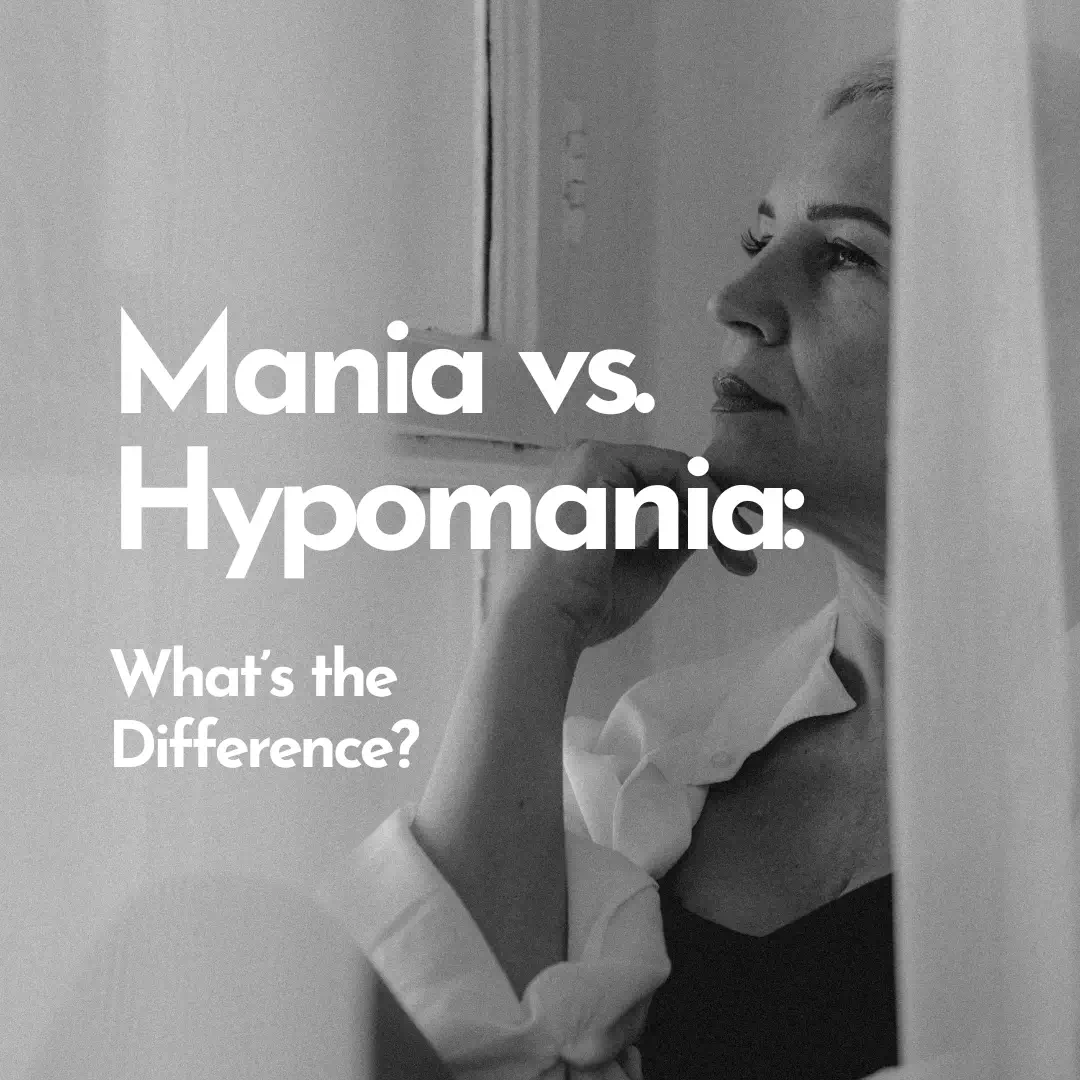When patients share their experiences with elevated moods, they often say things like, “Everyone loves me when I’m like this—I’m the life of the party!” or “I get so much done; I feel like I’m unstoppable.” These descriptions often point to hypomania, a fascinating and sometimes misleading aspect of bipolar disorder. While hypomania can feel empowering, it’s important to understand its complexities.
What Is Hypomania?
Hypomania is a state of heightened energy, confidence, and activity that lasts for at least four days. It’s often described as a less intense form of mania, with similar traits like reduced need for sleep, increased productivity, and a strong sense of optimism. Unlike mania, hypomania doesn’t cause psychosis or require hospitalization.
During hypomania, you might feel like the “life of the party,” engaging socially with ease, charming those around you, and radiating energy. At work, you might be the “employee of the month,” excelling in tasks, brainstorming creative ideas, and handling challenges effortlessly. This can make hypomania feel like a superpower—at least initially.
The Hidden Challenges of Hypomania
While hypomania may seem like a positive experience, it often has a darker side. Patients have shared with me how their hypomanic episodes sometimes lead to impulsive decisions, like overspending, taking unnecessary risks, or overcommitting to responsibilities. These actions can strain relationships, harm finances, and leave a lasting impact once the episode ends.
Hypomania can also lead to irritability and impatience, which may cause friction with loved ones or coworkers. What begins as a burst of productivity or sociability can turn into burnout, regret, or even the onset of a depressive episode, which is common in Bipolar II Disorder.
Why Hypomania Is Misunderstood
One of the reasons hypomania is challenging to diagnose is that it often feels rewarding. Patients sometimes tell me, “I don’t want this to go away—it’s when I’m at my best.” While it’s natural to feel this way, it’s important to recognize the potential for harm. Hypomania may temporarily boost your performance or mood, but it can also destabilize your life if left unchecked.
Hypomania is often misunderstood as simple high energy or a positive personality trait. However, its cyclical nature and tendency to precede depressive episodes highlight the importance of managing it effectively.
Managing Hypomania
In my office, I work with patients to understand their unique triggers and mood patterns. Therapy approaches like Cognitive Behavioral Therapy (CBT) help address impulsive behaviors, while Interpersonal and Social Rhythm Therapy (IPSRT) focuses on maintaining consistent routines to stabilize mood. For some, Dialectical Behavior Therapy (DBT) offers tools for managing overwhelming emotions, and mindfulness techniques can provide grounding during high-energy phases.
Lifestyle strategies, including regular sleep, balanced nutrition, and moderate exercise, are essential for keeping hypomania in check. By integrating these practices, patients can harness the positives of hypomania without letting it spiral into instability.
Learn More and Take Control
If hypomania feels like a double-edged sword in your life, understanding it is the first step toward managing it. My self-paced e-learning module offers insights and tools to help you navigate hypomania and maintain balance in your life.
Hypomania might make you the life of the party or the star employee, but true stability comes from understanding and managing its impact. Reach out today to start creating a more balanced future




